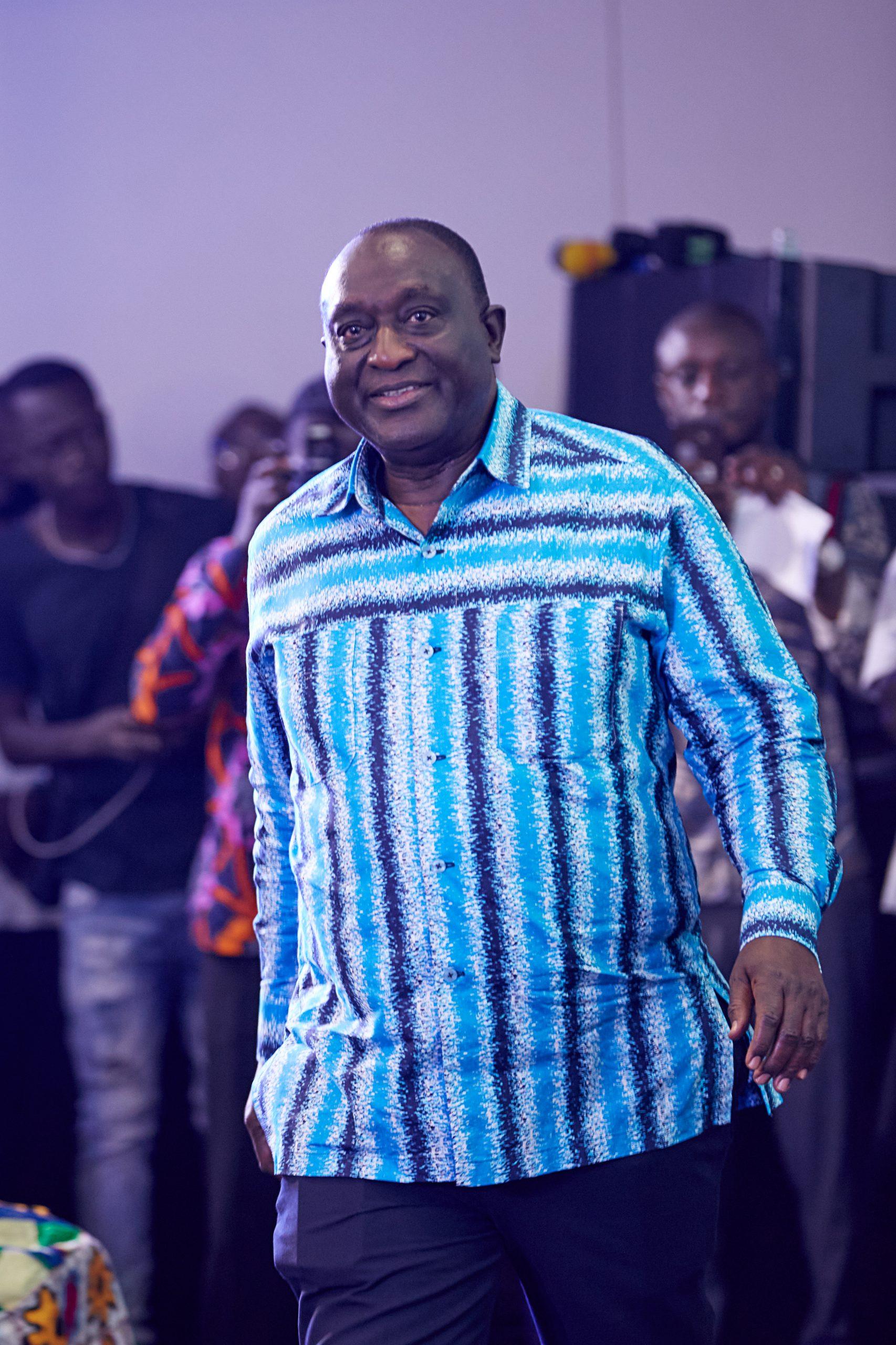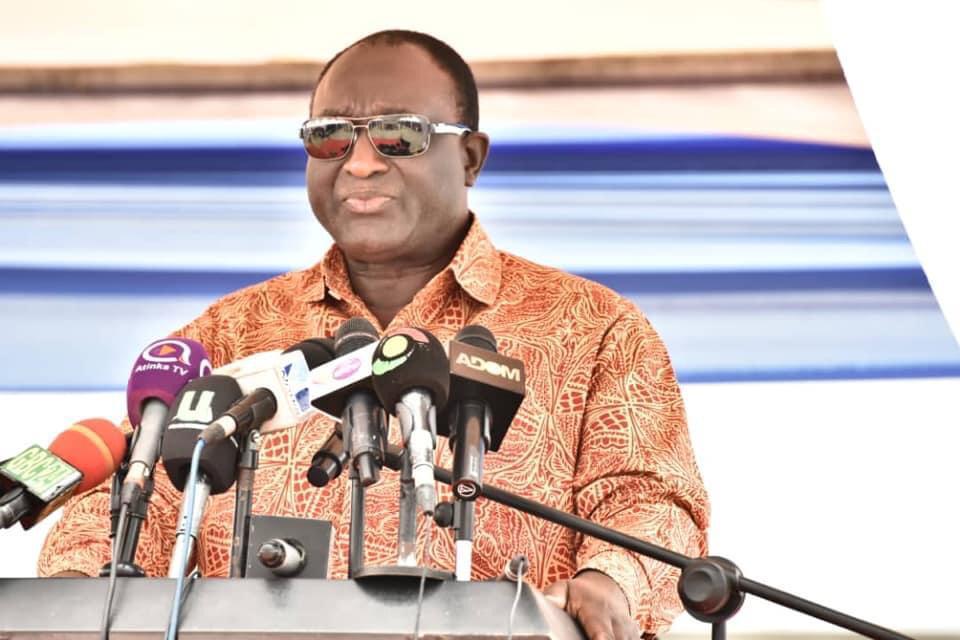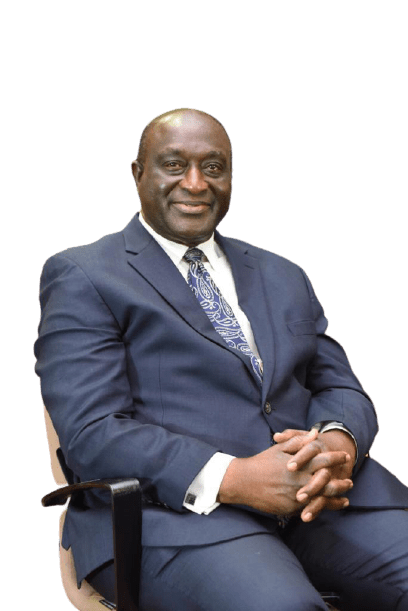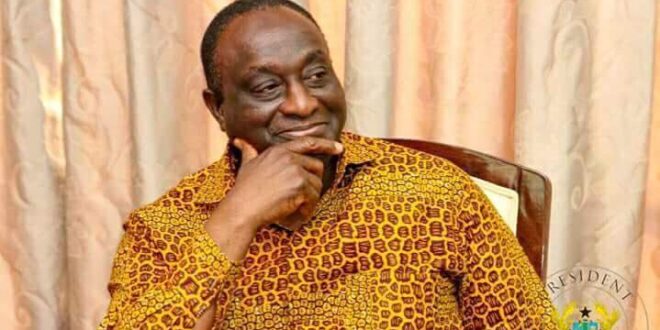Mr Alan Kyeramten, minister of trade and industry, has invited the Turkish business community to invest in the African Continental Free Trade Area (AfCTA), using Ghana as a base for strategic partnerships and joint ventures, because the area has a market of about 1.3 billion people and a combined Gross Domestic Product (GDP) of $3.3 Trillion.
In his closing remarks at the fifth session of the Ghana-Turkey Joint Economic and Trade Committee meeting in the Turkish capital, Ankara, Mr Kyerematen said, “Ghana is a key member of AfCFTA, and indeed, Accra the capital city of Ghana is the host of the AfCFTA Secretariat, making Accra the new commercial capital of Africa.”
He said Ghana’s economic position in Africa offers Turkish businesses significant opportunities to enter the African market, adding that, the country has numerous attractive fiscal incentives, as well as its strong democratic credentials, together with good enabling infrastructure and affordable skilled and unskilled manpower, makes Ghana a haven for Turkish investments and businesses.
Mr Kyeramten said Ghana has established commercial relations with the European Union, the United Kingdom and the United States of America under quota-free duty-free arrangements which grant opportunities to value added goods manufactured to be sold to these markets under preferential terms.
“We have a robust Customs Management System which is facilitating both import and export trade and has significantly improved our ports operations,” adding that, “our shipping time to major global markets is relatively shorter compared to other African countries (15 days to Europe by sea or 6 hours by Air and 18 days direct to the USA by Sea),” he said.
Mr Kyerematen drew attention to the fact that Ghana has currently has one of the most modern airports in the ECOWAS sub region, which was proudly built by a Turkish company.
He said eight years after the 4th session of the joint committee meeting to achieve $1 billion trade value mark, this is yet to be achieved. The trade value mark was among some of the decisions taken at the end of the 4th session of the two countries in April 2014,
Mr Kyerematen said, despite these global challenges, trade between the two countries remain resilient. Last year total merchandise trade between the two countries amounted to about $742 million, representing a 30% increase from the 2019 figure of $572 million.
“In addition, in the same period, Turkish Investments in Ghana accounted for about $349 million spread across various sectors of the Ghanaian economy including construction, manufacturing, services and tourism,” he said.
Mr Kyerematen said the two countries have enjoyed long standing fraternal relations dating back several decades, adding that, “our fraternal relations are deeply rooted in the economic, political, and cultural ties between our two countries.”
“The bonds of friendship between our two countries have manifested in the increasing number of Turkish businesses operating from Ghana and many Ghanaian traders using Turkey as trading and transiting hubs,” he said.
Stating that the joint Technical Team has done a good job so far, Mr Kyerematen said, “attention must now be focused on developing implementation modalities to ensure that the two countries benefit from the various instruments agreed during these meetings.”
He said the challenges of COVID-19 and the Russia-Ukraine war mean that, countries must “develop new framework of economic cooperation to overcome the challenges of global supply chain disruptions, reduced investor confidence and energy crises which are having devastating impact on every country.”
He said Ghana and Turkey have agreed to establish a high-level Government to Government Business Council aimed at creating favorable conditions for the promotion of trade, investment and economic co-operation.
“We intend to use these high-level engagements to identify general business opportunities that could be exploited by the private sector of both countries and hold regular consultations on specific trade and investment matters of mutual interest as well as identify specific constraints to mutual trade, investments and economic cooperation and collaborate on addressing those constraints,” he said.























